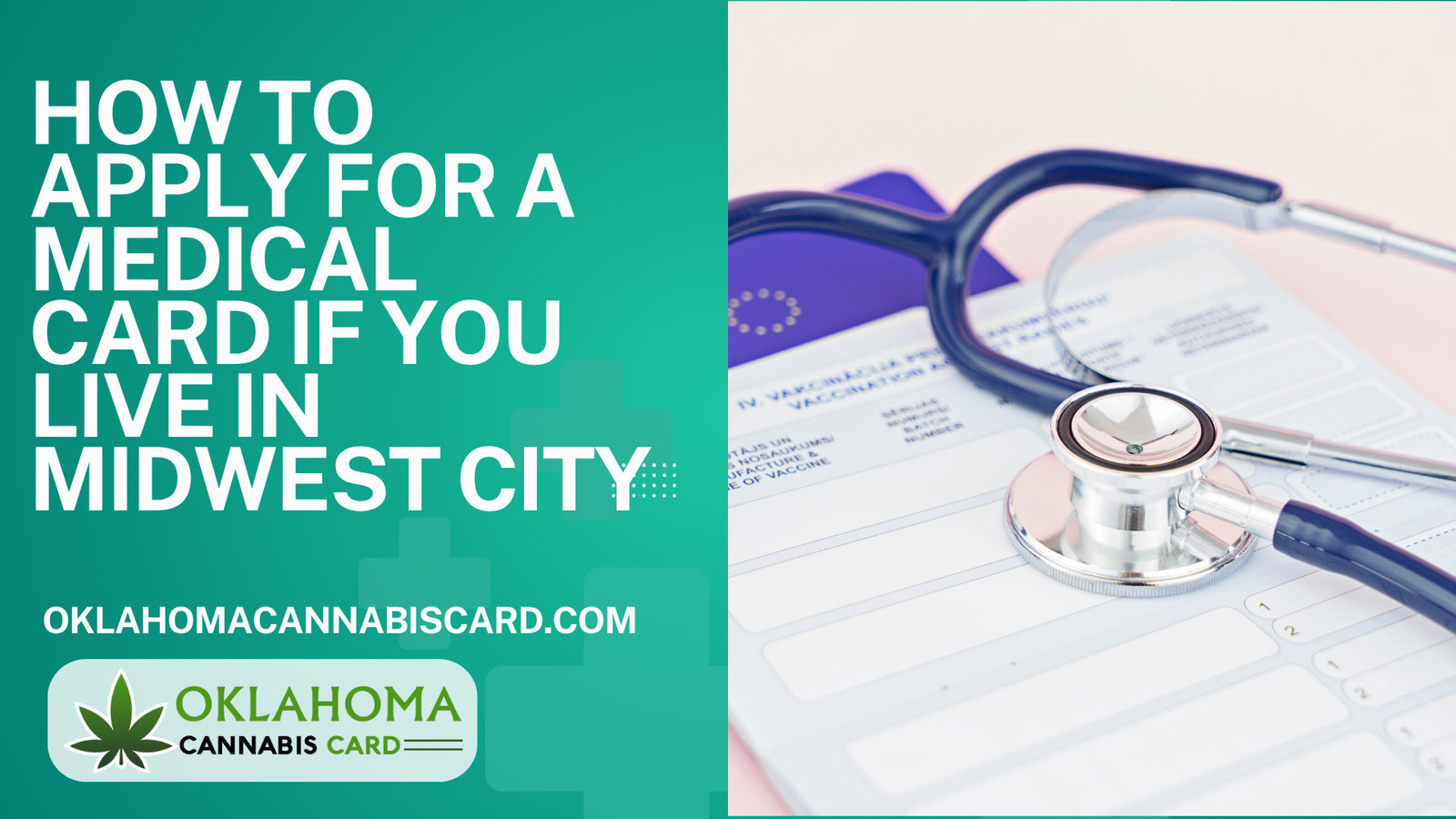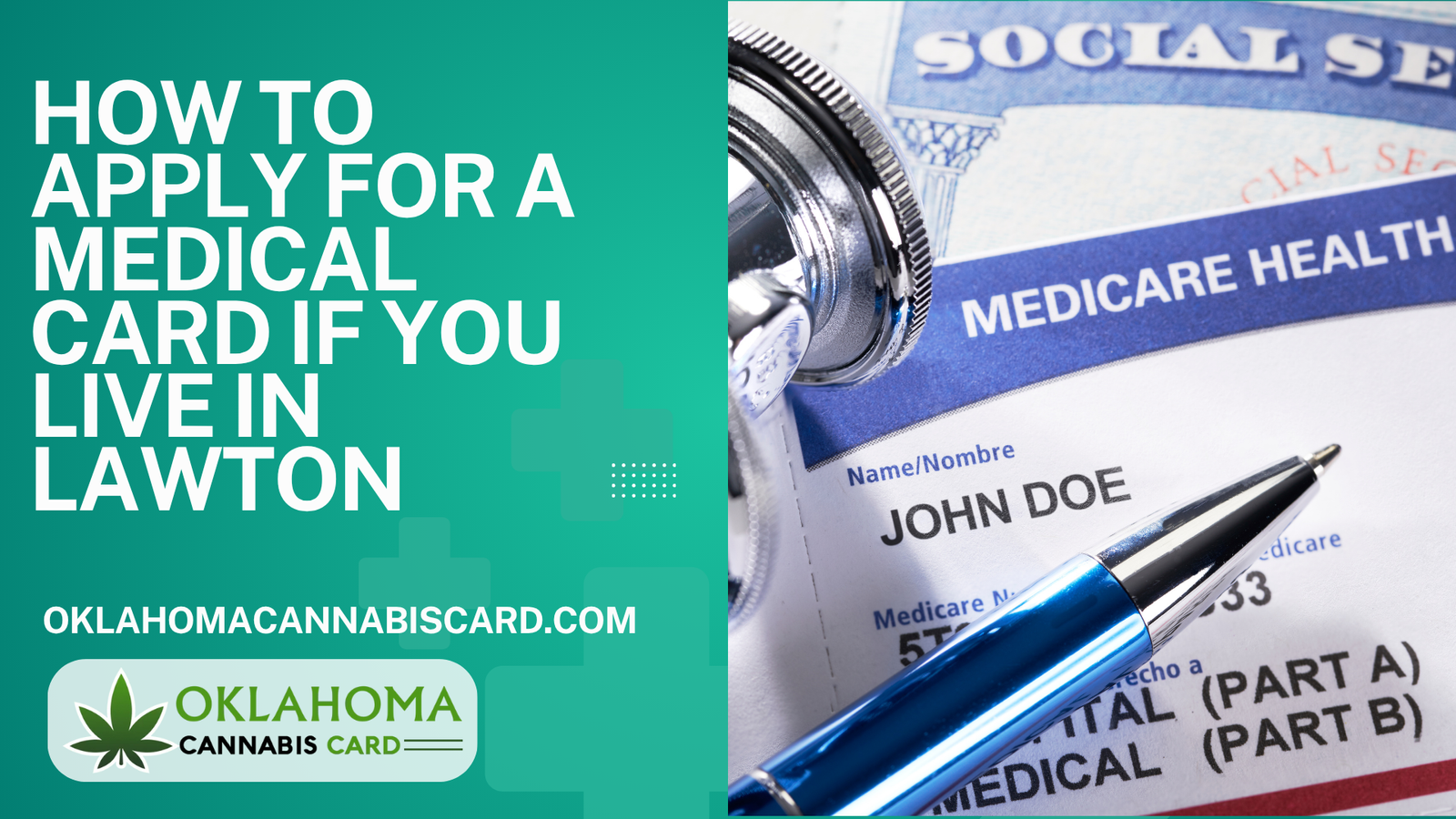
Median Arcuate Ligament Syndrome (MALS) is a rare condition that occurs when the median arcuate ligament (a band of tissue near the diaphragm) compresses the celiac artery, leading to reduced blood flow to the stomach and other nearby organs. This compression can cause severe abdominal pain, digestive issues, and weight loss. Treatment for MALS typically involves surgery to relieve the compression, but some patients continue to experience chronic pain and symptoms even after surgical intervention.
In recent years, medical cannabis has gained attention as a potential treatment for managing chronic pain and other symptoms associated with conditions like MALS. In Oklahoma, residents with qualifying conditions can access medical cannabis through the state’s medical marijuana program. This article explores how cannabis may help alleviate the symptoms of MALS, the science behind its use, and how to obtain medical cannabis in Oklahoma.
Table OF Content
- 1 What is MALS Syndrome?
- 2 How Cannabis Can Help MALS Patients
- 3 Scientific Research on Cannabis and Chronic Pain
- 4 How to Access Medical Cannabis in Oklahoma
- 5 Legal Considerations for Medical Cannabis in Oklahoma
- 6 Conclusion
- 7 Frequently Asked Questions (FAQs)
- 7.1 1. Can I qualify for a medical marijuana card if I have MALS?
- 7.2 2. How long is the medical marijuana card valid in Oklahoma?
- 7.3 3. Can I grow my own cannabis in Oklahoma?
- 7.4 4. How much does it cost to get a medical marijuana card in Oklahoma?
- 7.5 5. Can I use cannabis in public places in Oklahoma?
What is MALS Syndrome?
MALS is a condition where the median arcuate ligament compresses the celiac artery, reducing blood flow to the stomach and surrounding organs. This compression can irritate the celiac plexus (a network of nerves), leading to chronic abdominal pain and other symptoms.
Common symptoms of MALS include:
- Severe abdominal pain, particularly after eating
- Nausea and vomiting
- Unexplained weight loss
- Loss of appetite
- Fatigue
- Bloating and digestive discomfort
Treatment for MALS often involves surgery to release the ligament and restore proper blood flow. However, some patients continue to experience chronic pain and other symptoms even after surgery, leading them to seek alternative treatments like medical cannabis.
How Cannabis Can Help MALS Patients
Cannabis contains compounds called cannabinoids, including THC (tetrahydrocannabinol) and CBD (cannabidiol), which interact with the body’s endocannabinoid system (ECS). The ECS plays a crucial role in regulating pain, inflammation, and other physiological functions. For MALS patients, cannabis may help manage symptoms in several ways:
Chronic Pain Relief
Chronic abdominal pain is one of the most debilitating symptoms of MALS. Even after surgical intervention, some patients continue to experience persistent pain. Cannabis, particularly strains high in THC and CBD, has been shown to reduce pain by interacting with cannabinoid receptors in the nervous system. A 2020 study published in Frontiers in Pharmacology found that cannabis can modulate pain signals and provide relief for individuals with chronic pain conditions.
For MALS patients, medical cannabis may help reduce the intensity and frequency of abdominal pain, offering a more natural alternative to opioids and other prescription painkillers.
Anti-Inflammatory Properties
Inflammation in the abdominal region can exacerbate MALS symptoms. Cannabis, particularly CBD, is known for its potent anti-inflammatory effects. By reducing inflammation in the digestive tract and surrounding tissues, cannabis may help alleviate pain and discomfort for MALS patients. A review published in Current Neuropharmacology in 2019 highlighted the potential of cannabinoids to reduce inflammation and provide long-term relief for patients with inflammatory conditions.
Reducing Nausea and Vomiting
Nausea and vomiting are common symptoms of MALS, particularly after eating. THC has been shown to have strong antiemetic (anti-nausea) properties, making it an effective treatment for patients experiencing nausea. In fact, THC is a key component of FDA-approved medications like dronabinol, which is used to treat nausea associated with chemotherapy. For MALS patients, cannabis may help reduce nausea and improve appetite, leading to better nutritional intake and weight management.
Improving Appetite and Weight Maintenance
Many MALS patients struggle with weight loss and poor appetite due to the pain and discomfort associated with eating. Cannabis, particularly strains high in THC, has been shown to stimulate appetite, a phenomenon commonly known as the “munchies.” By increasing appetite and reducing pain after meals, cannabis may help MALS patients maintain a healthier weight and improve their overall nutritional status.
Improving Sleep and Mental Health
Chronic pain and digestive discomfort can take a toll on mental health, leading to anxiety, depression, and sleep disturbances. Cannabis, particularly CBD, has been studied for its anxiolytic (anti-anxiety) and mood-enhancing effects. By promoting relaxation and reducing anxiety, cannabis may help MALS patients manage the emotional and psychological challenges of living with chronic pain. Additionally, cannabis can improve sleep quality, which is essential for overall well-being and recovery.
Scientific Research on Cannabis and Chronic Pain
While research specifically on MALS and cannabis is limited, several studies have shown the effectiveness of cannabis in managing chronic pain and gastrointestinal disorders:
- A 2018 study published in The Journal of Pain found that cannabis significantly reduced pain in patients with chronic pain conditions, including those with gastrointestinal disorders.
- A 2019 review published in Expert Review of Gastroenterology & Hepatology highlighted the potential of cannabinoids to treat symptoms of inflammatory bowel disease (IBD), which shares some similarities with the symptoms experienced by MALS patients.
- A 2020 study in Frontiers in Pharmacology noted that cannabinoids could be a promising treatment for patients with chronic abdominal pain, especially when traditional therapies fail.
These studies suggest that cannabis may be an effective tool for managing chronic pain and gastrointestinal symptoms in patients with conditions like MALS.
How to Access Medical Cannabis in Oklahoma
Oklahoma has one of the most accessible medical marijuana programs in the United States. If you believe that cannabis could help manage your MALS symptoms, you can apply for a medical marijuana card through the Oklahoma Medical Marijuana Authority (OMMA).
Steps to Get a Medical Marijuana Card
- Complete an online application: Begin by filling out an online form with a telemedicine clinic like Oklahoma Cannabis Card. You’ll need to provide information about your condition and medical history.
- Consult with a certified cannabis doctor: After submitting your application, you’ll have a virtual consultation with a licensed doctor in Oklahoma. The doctor will evaluate your condition and determine if medical cannabis is a suitable treatment for you.
- Receive your certification: If the doctor approves your application, you’ll receive an official recommendation. This certification allows you to register with OMMA and apply for your medical marijuana card.
- Submit your application to OMMA: After receiving your doctor’s recommendation, you’ll submit your application to OMMA. Once approved, you’ll receive your medical marijuana card within 14-30 days.
Oklahoma residents can get their medical marijuana card for $129 through Oklahoma Cannabis Card. Renewals are required every two years and cost $99.
Legal Considerations for Medical Cannabis in Oklahoma
Patients with a valid medical marijuana card in Oklahoma can purchase cannabis from licensed dispensaries across the state. There are over 2,000 dispensaries, making access to cannabis products such as oils, tinctures, edibles, and flower convenient for patients.
It’s important to follow Oklahoma’s medical marijuana laws, which prohibit the use of cannabis in public places and while driving. Registered patients are also allowed to grow up to six mature cannabis plants and six seedlings at home, provided they are not visible to the public.
Conclusion
For individuals living with Median Arcuate Ligament Syndrome (MALS), medical cannabis offers a potential pathway to relief when traditional treatments are ineffective. Whether it’s managing chronic pain, reducing nausea, or improving appetite, cannabis may provide a natural and effective alternative for MALS patients. With Oklahoma’s supportive medical marijuana program, patients have legal access to this promising treatment option.
If you’re considering medical cannabis for your MALS symptoms, it’s important to consult with a certified cannabis doctor. They can guide you through the process and help determine the best approach for your symptoms. To begin your journey, visit Oklahoma Cannabis Card and apply for your medical marijuana card for $129.
Frequently Asked Questions (FAQs)
1. Can I qualify for a medical marijuana card if I have MALS?
Oklahoma does not have a specific list of qualifying conditions for medical marijuana. The decision is left to the discretion of a certified cannabis doctor, who will evaluate whether your MALS symptoms can be managed with cannabis.
2. How long is the medical marijuana card valid in Oklahoma?
Medical marijuana cards in Oklahoma are valid for two years. You can renew your card through clinics like Oklahoma Cannabis Card for $99.
3. Can I grow my own cannabis in Oklahoma?
Yes, registered medical marijuana patients in Oklahoma are allowed to grow up to six mature cannabis plants and six seedlings at home, as long as they are not visible to the public.
4. How much does it cost to get a medical marijuana card in Oklahoma?
The standard fee for obtaining a medical marijuana card in Oklahoma is $129. Renewals cost $99 every two years.
5. Can I use cannabis in public places in Oklahoma?
No, it is illegal to use cannabis in public places in Oklahoma. Patients should only use cannabis in private settings.






